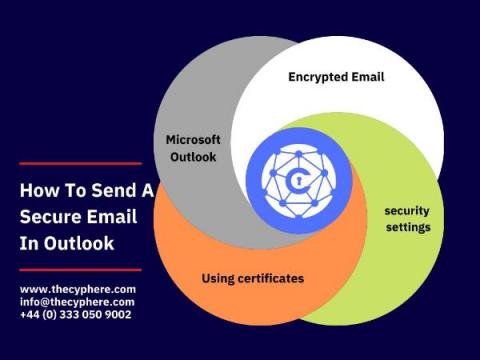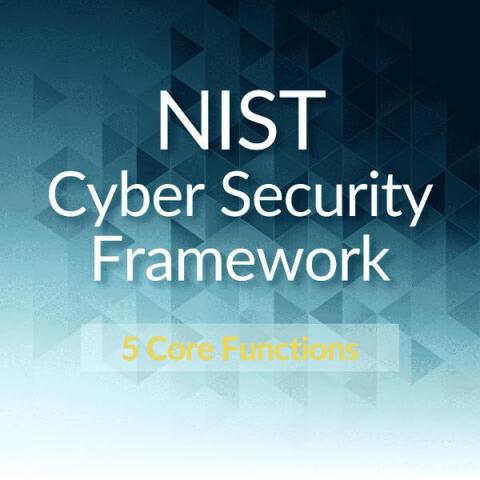How to Protect Your Emails: 8 Best Gmail Account Security Tips
Have you ever had your Gmail account hacked? If not, you’re lucky. But it happens, 1 out of 4200 emails sent in 2020 was a phishing activity. Considering that 306 billion emails were sent in the same year, it means a whopping 72 million were phishing-related. Keeping your Gmail secure isn’t a request anymore. You don’t want anyone to access your personal information or compromise important company conversations and files.










